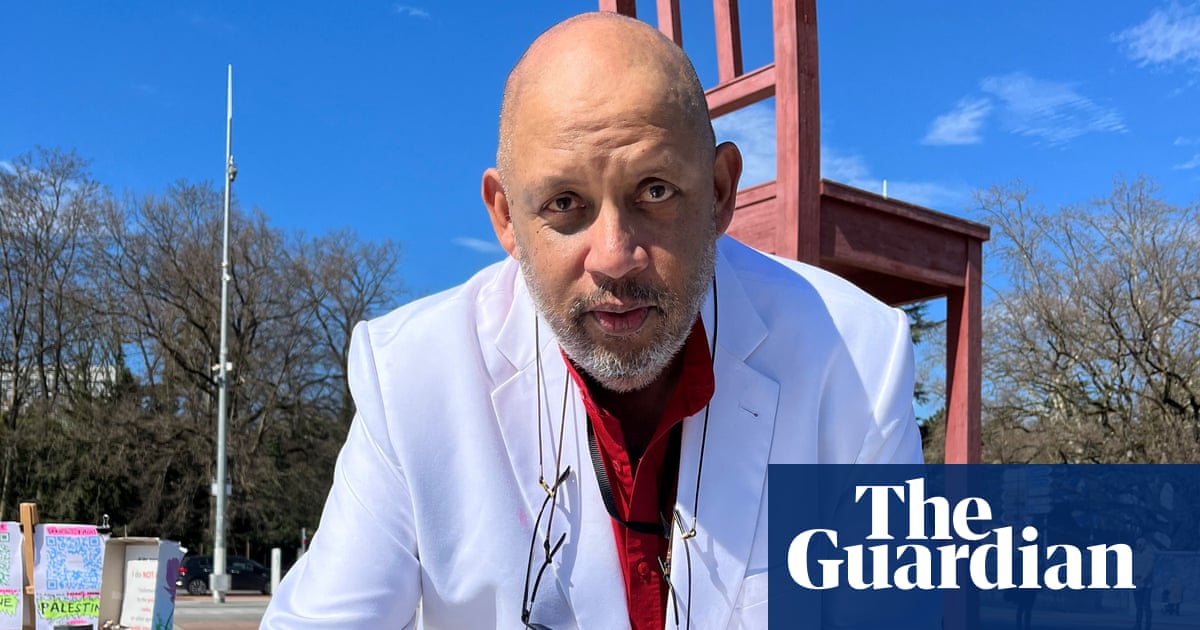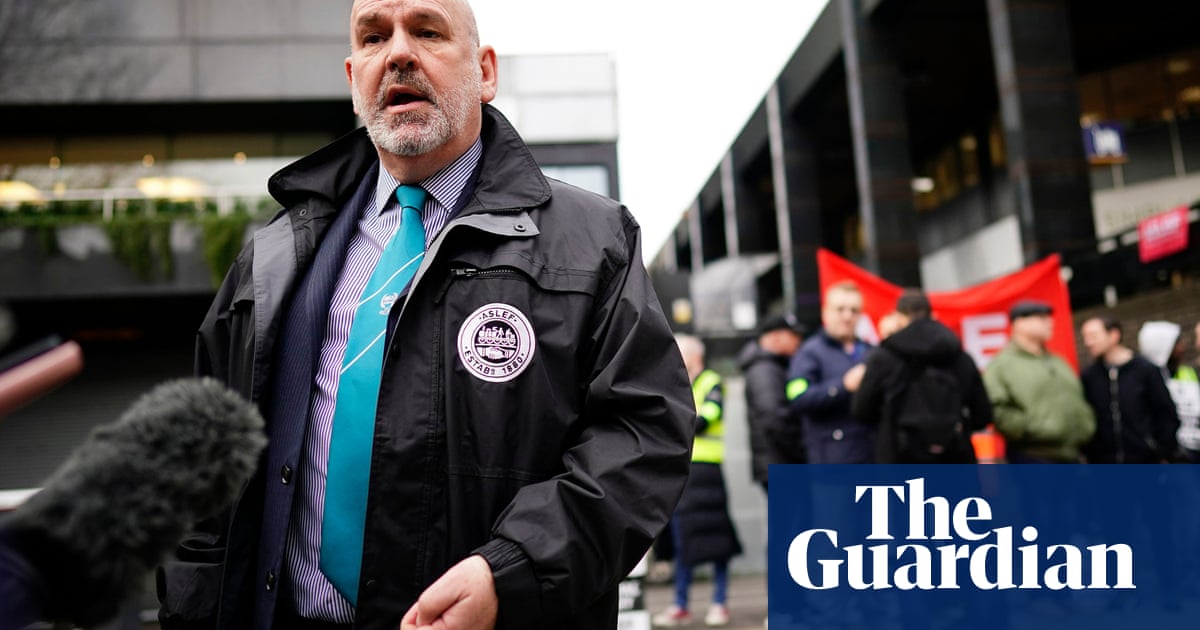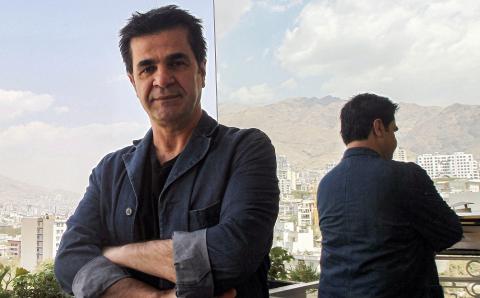
After weeks of camping outside City Hall in New York, taxi drivers can finally head home after striking a deal with officials to rescue thousands of workers from crushing loans that had caused misery for their families.
The news arrived on the 15th day of a hunger strike led by the drivers and their advocates.
New York City’s Taxi and Limousine Commission (TLC) agreed to a city-backed guarantee to lower the monthly payments of taxi medallion owners, or “owner drivers” to a maximum $170,000 – far less than the average medallion debt of around $600,000, according to the New York Taxi Workers Alliance (NYTWA).
The agreement was made with Marblegate, the largest medallion loan-holder, with more lenders expecting to follow suit. Soon, the most a driver can expect to pay back in loanswill be just over $1,100 per month.
For driver Erhan Tuncel, 61, who has a total medallion debt of $690,000 with monthly payments of $3,800, the news was a great relief.
“The lower monthly payment is a huge break for every single one us,” Tuncel said. “It means we can put in a full day’s work and be happy with the money we take home because owning and operating a medallion in New York City is an expensive business. On top of the medallion payments, we take on all the expenses like insurance, maintaining the vehicle, the TLC fees, inspection fees – they all add up. I’m ecstatic and happy for all the owner-drivers who are going to get a huge break from this.”
The crisis in the city’s famed yellow cab industry began with the tin plate required to operate a yellow cab, otherwise known as a taxi medallion. The reasons for the large debt owed by taxi drivers are a lack of regulation by New York City, which allowed the price of the medallion to be artificially inflated (once to the point of $1m), and predatory lenders that targeted the taxi workforce, which is made up of many people of color in a sector long seen as a path to the middle class for immigrants.
The city was complicit in marketing the medallion as “better than a stock” and a pathway to the American dream, leading taxi drivers to believe a medallion was an investment worthy of risking all they hold dear. The substantial debt eventually drove some drivers to suicide.
The drivers’ case had won support from progressive elected officials at national, state, and local levels – including Senator Chuck Schumer, Congresswoman Alexandria Ocasio Cortez, and New York’s attorney general, Letitia James.
In a statement Schumer, who brokered the deal with Mayor Bill de Blasio, said: “The medallion debt crisis has gone on for years, taking lives and livelihoods. I commend Mayor de Blasio for his leadership, the New York Taxi Workers Alliance for their steadfast advocacy, and Marblegate for their good-faith effort to forge a workable solution. Together, we will bring this ongoing situation to a just resolution for the thousands of cabbies who work every day to serve this city.”
One of the NYTWA’s most vocal advocates is Zohran Mamdani, a state assemblyman from Queens. After 15 days of hunger striking and consuming nothing but water, Gatorade and eventually chicken broth, the activist-politician broke his fast upon hearing the news with just two slices of avocado and a date.
“I woke up on Monday of this week and I wasn’t sure if I could go on. It had been 12 days at that point and I just wasn’t sure where we were and how long it was going to go. I was just so tired and I was so tired of being hungry,” he said.
Mamdani said he viewed the hunger strike as a much-needed escalatory tactic that made the consequences of policy public.
“By going on a hunger strike in front of City Hall, there was no way you could ignore what we were doing to our bodies in the service of this fight. It’s infectious – the courage, the belief. Then it all culminated in today and I just haven’t felt the emotions that I felt today in a long time.”












